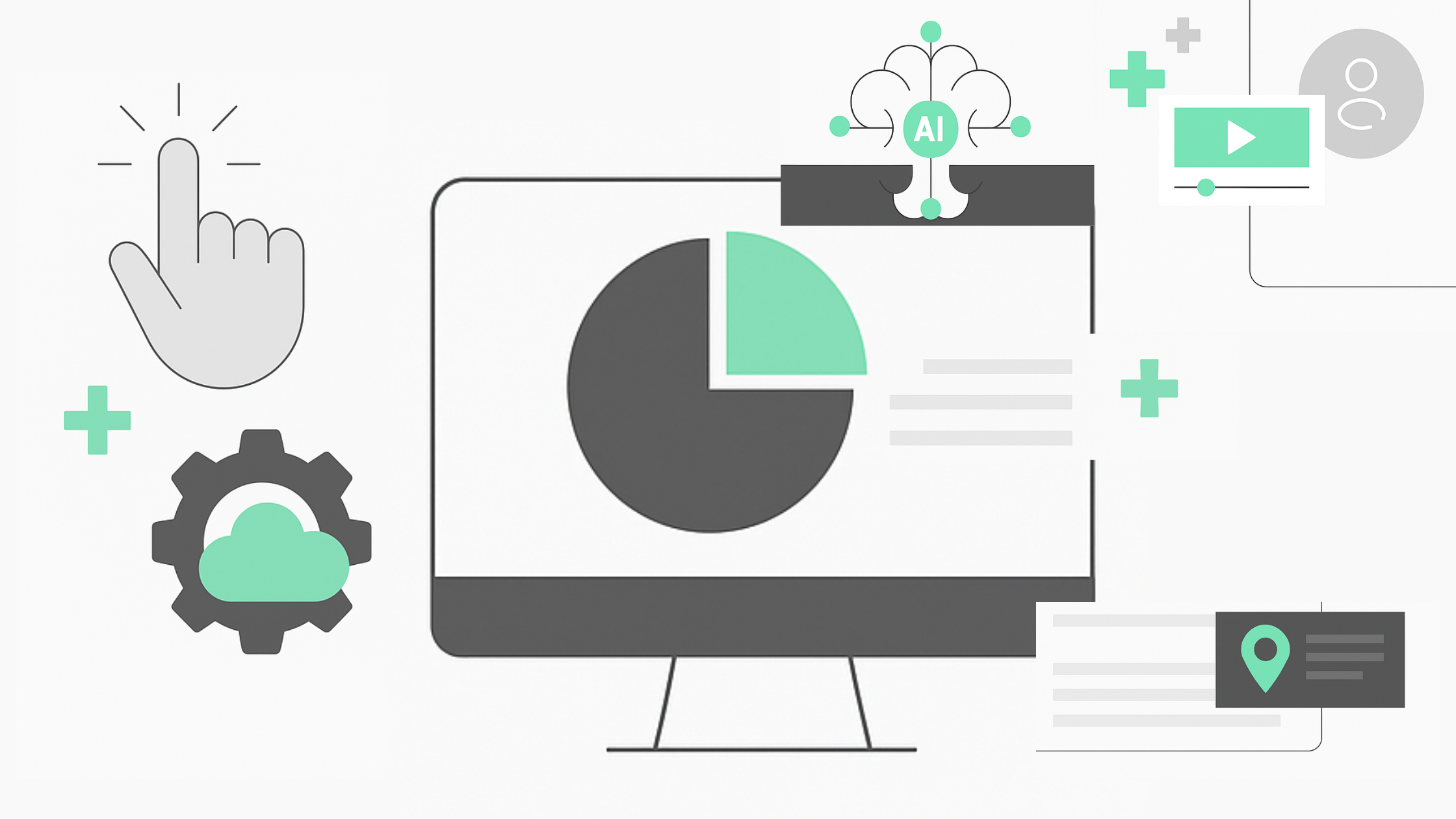Product Manager vs. Project Manager
Product and project managers often work together closely on the same innovations, so their duties may overlap due to certain similarities in creating and completing organizational initiatives. However, the two roles have different responsibilities – a fundamental one being that the product manager plays a more strategic role, whereas the project manager is more of a tactical and logistical position.
This article will highlight the key differences between a project manager and a product manager and provide tips on choosing the right candidate for your next technology launch.
- Product Manager vs. Project Manager: Everything You Should Know
- What Are the Differences Between a Product Manager and a Project Manager?
- Choosing the Right Managerial Candidate
Product Manager vs. Project Manager: Everything You Should Know
Product and project managers are essential because they help organize initiatives, manage team members, and aid in accomplishing company goals. It’s important to map out company objectives and match the right manager to facilitate achieving those goals.
What is a Product Manager?
Product managers play a strategic role in product development. They identify the "what" and "why" of a product in line with the goals and objectives of the company to meet customers' needs. In other words, product managers determine the guidelines for creating a project from development to deployment and launch, monitoring updates and progress to ensure it aligns with the company's vision.
To break it down further, a product can be physical, software, or even a service that meets the needs of a specific target group. Every product goes through the cycle of production and development before being introduced to the market. The product manager must understand the user's needs, ensure they interpret them into this cycle, and create a seamless design before launching the product.
The duties of a product manager also include creating a roadmap for the product, establishing priorities, and defining metrics for every element, while monitoring performance, new features, and updates, to ensure that the project stays on course. They conduct research and market analysis to assure the quality of the product, by working with cross-functional teams to aid in the implementation of growth strategies for development.
What is a Project Manager?
A project manager performs more of an operational role; this includes planning and outlining the organizational structure of a project by defining its scope, establishing schedules, and managing team members and resources, all while communicating with both clients and stakeholders.
In this context, a project is a collection of activities and tasks with outcomes and deliverables that accomplish a specific purpose, such as revamping a website or upgrading an internal process flow. Project managers determine the "how" of a project by establishing steps from the beginning to completion, ensuring the project's success aligns with the company's goals.
A project manager's responsibilities often involve establishing and determining each project element's parameters by planning and managing resources while monitoring the steps involved in executing the project. They ensure that the project remains on budget, maintaining effective communication with team members to ensure responsible allocation of funds.
What Are the Differences Between a Product Manager and a Project Manager?
To fully understand the differences between a product manager and a project manager in terms of their roles, let's look at the fundamental differences between a product and a project. A product aims to meet a target audience's needs or solve a common problem. In contrast, a project describes various tasks geared towards improving an existing process or reviewing new methods or systems. Based on this analysis, the differences between a product and project manager can be grouped into the following categories:
- Roles & Responsibilities: A product manager concentrates on the general scope of a product by defining its vision and ensuring that it meets users' needs. Depending on the type of product, product managers conduct market research, identify customer needs, establish KPIs to determine product performance, and create a general product roadmap. In contrast, a project manager's role focuses more on a project's operational elements, such as scheduling, budgeting, and managing resources. They create and develop a project plan and manage the team, budget, and project schedule while monitoring each task and step of the project cycle.
- Skills: There are some similarities in the required skills of the two roles, like leadership, problem-solving, communication, organization, and negotiation. However, while there is overlap, there are also some important differences. A product manager should fully grasp a product's cycle management: product development, launch, growth, and decline. In addition, they need to understand product planning by being able to visualize and create a product roadmap and allocate resources to execute sprints and product deliverables promptly. Meanwhile, a project manager oversees a project cycle through its introduction, planning, scheduling, tracking, and conclusion. For this, they require strong time-management skills and the ability to see and think the “big picture,” allowing them to identify the project's scope and manage resources and budget throughout the entire process.
- Certifications: For product management, a college degree may not be required; however, specific credentials are necessary to succeed in this role, like formal training to improve skills and experience. Product manager training, whether in-person or virtual, often culminates in a certificate of completion or certification. Some examples of these certifications include the Association of International Product Marketing and Management's Certified Product Manager® credential and the Product Development and Management Association's new Product Development professional certification. On the other hand, project managers must have an in-depth knowledge of the operational aspects of completing projects effectively and efficiently. To this end, a project management certification is the best way to confirm the qualifications and skills of your next project manager hire. The Project Management Institute (PMI) administers the most common project management certifications by providing certificates like the Project Management Professional (PMP)® for experienced project managers and Certified Associate in Project Management (CAPM)®, which offers a more entry-level credential.
Choosing the Right Managerial Candidate
There are several factors to consider when selecting a manager for a product or project, including factoring in consumer needs and company goals. If you're searching for a candidate responsible for defining the parameters of a new product or ensuring the outcomes align with specific visions and goals from start to finish, a product manager might be the right choice. However, project management might be a better choice if you're looking for an individual to oversee day-to-day operations on a larger scale across different departments.
Once you determine the best candidates for each role, the product manager and the project manager can work on the same team, collaborating with the top priority of ensuring the quality of the product and an additional dedication to assuring the project scope remains within the timeline and budget. While this collaboration can be challenging, there are certain perks of having the two roles work together. For instance, the product manager makes sure the project manager considers what is best for the product, taking into account the consumer and company's interests; the project manager, in turn, ensures that the product manager executes those goals by adhering to budget and timeline. For a smooth collaboration, it’s important for both roles to have recurring meetings to sync on the project and product development statuses, prioritize the backlog, identify pending updates, and problem-solve issues together.
We know that finding the best candidates to suit your product and project needs can be challenging, which is why we developed a new venture to help you find first-class individuals to fill any role.
AirCrew by Outliant recruits the best global talent in design, development, and management through a thorough screening process that identifies top-notch candidates to meet your specific requirements. Schedule a strategy session with us today, and let's find your next hire!










